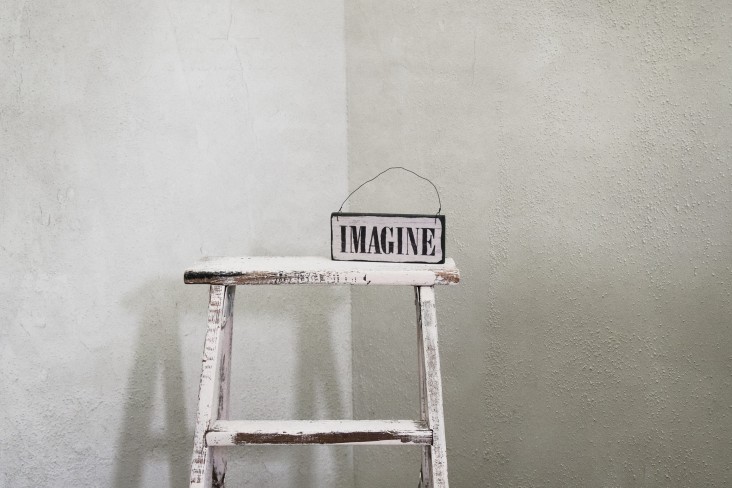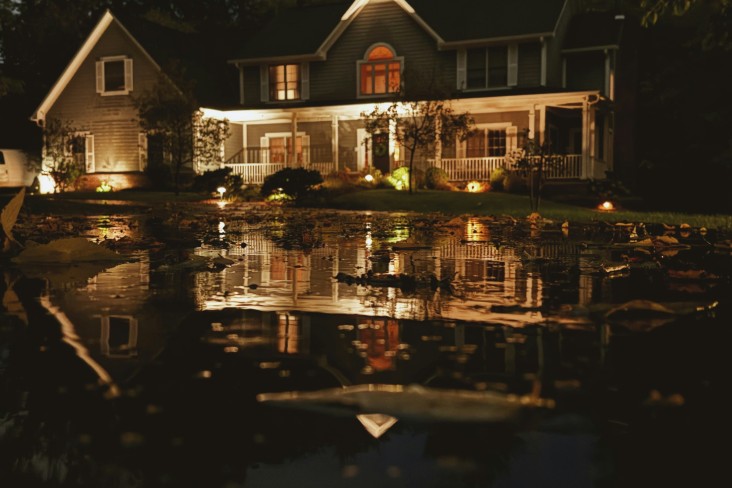Getting on the property ladder can be tough but Kiwis are pooling their resources and taking the leap.
While the changing property market is creating some good opportunities for investment with housing prices continuing in a downward trend, the traditional hurdles of saving for a deposit and getting a bank loan remain. But we Kiwis are nothing if not inventive, and shared ownership is a common solution - whether its parents assisting their children; friends and siblings combining resources; or children helping their parents after retirement.
But would-be buyers beware. If you're considering buying a property with someone, no matter how well you know them, get a property sharing agreement set up. When it comes to money and property, disagreements and disputes can, and do, arise.
A property sharing agreement will help you manage any potential conflict by providing you with a clear structure for how your property is owned and what will happen in different situations right from the get-go.
The agreement should record the specific details of your situation. Typically it will cover things like:
- How the property will be owned
- What the ownership share is for each party involved (very important if the parties are contributing different sums)
- Who will be responsible for maintenance of the property and what the decision-making process will be when it comes to decisions around maintenance and renovations
- Who pays the costs associated with the property (rates, insurance etc)
- How the mortgage will be paid - for example, will it be shared evenly or will some parties who own a greater share of the property pay more?
- What happens if one or all the parties want to sell the property. It may be that a first right of refusal clause is included allowing the other owners to have the first option to purchase if one party wants to sell their share. Or it might be that the property is sold and there's a mechanism in place for how the sales proceeds will be calculated and shared amongst the parties.
It's smart to have a legal agreement in place for any joint ownership arrangement. The cost to set one up pales in comparison to any potential legal costs if you don't.




